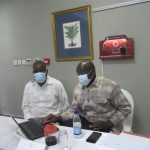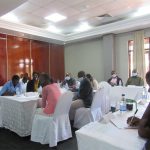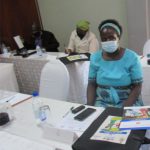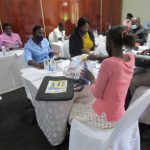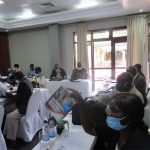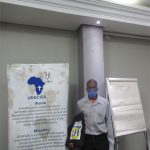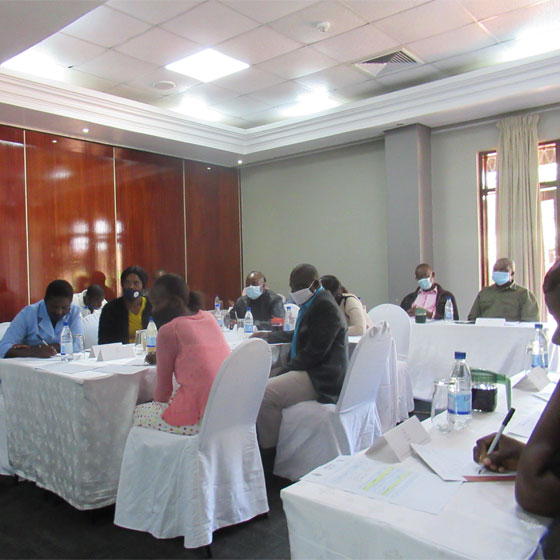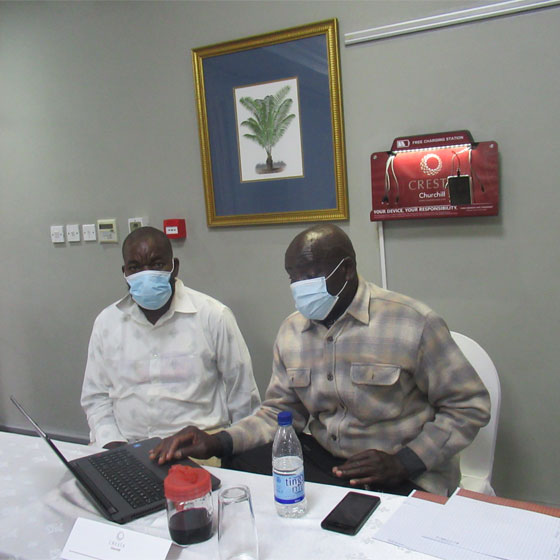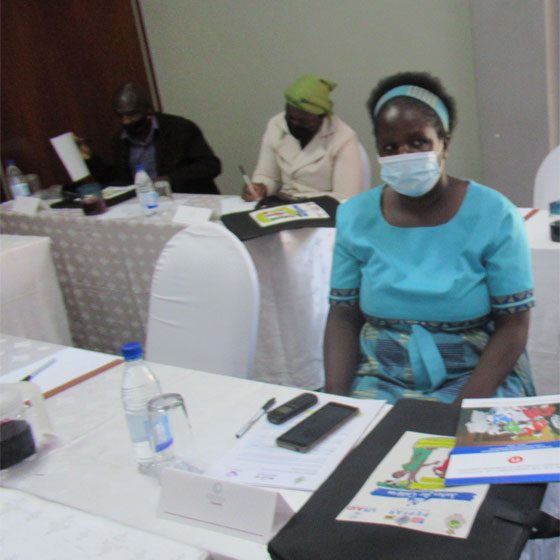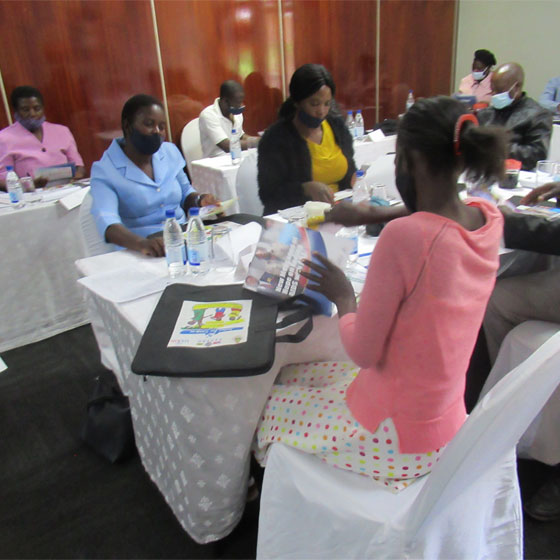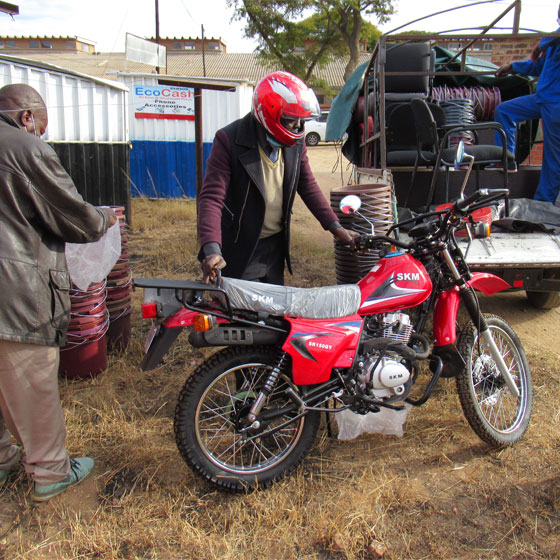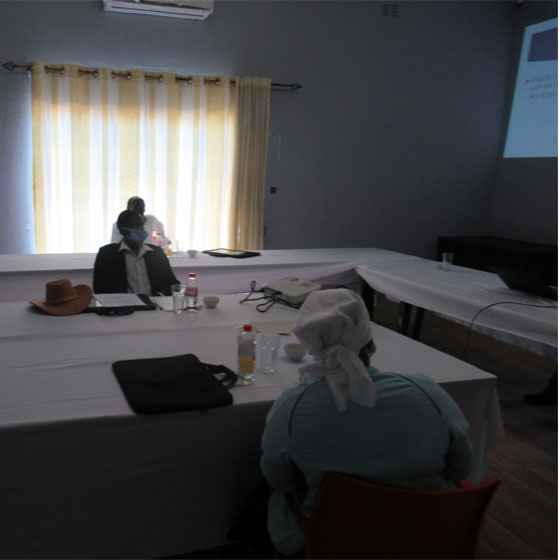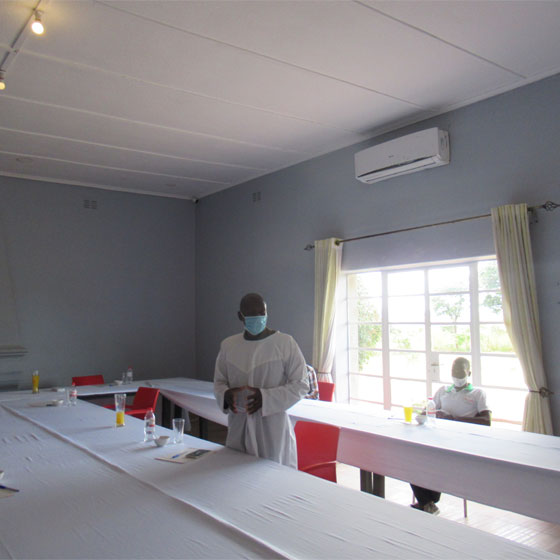- Become a Volunteer
- Mon - Fri: 08.00 hrs - 17:00 hrs
Training of Harare district leaders on message of hope
At the center of both modern health treatment and faith healing is the quest for health and well- being. This is a major pre-occupation in all religions all over the world. Moreover people all over the world seek health and well-being. It is not a uniquely African phenomenon. Healing has been an integral part of humanity’s religious quest. However the term healing has diverse meanings, changing from one context to another.
Healing plays a major role in African Independent Churches. Though it is universal in nature, Christian faith allows room for contextual expression of how Christ is perceived. History and geography, as well as philosophical thoughts and beliefs systems contribute to how people understand and practice a world religion. The Apostolic and Zionist Churches like all other African religions, African worldview also dominates which need to be transformed into biblical one.
Summary
The Harare district training give UDACIZA a platform to reach Apostolic and Zionist Churches throughout the country and perhaps all over the world due to advancement of technology, delivering the message of hope and strengthened UDACIZA vision ,mission and values. Most of the Apostolic Churches had branches in Harare.
Objectives
- To train Faith leaders, and other community gatekeepers on message of hope.
- To disseminate new message of hope down and across mother body infrastructures
- To scale up community and faith responses, which are central to achieving the 95-95-95 global treatment target.
- To empower Church leaders with accurate and in depth information on child sexual.
- To trigger Church leaders to develop child and adult safeguard protocols and utilise them to preserve children from sexual violence.
- To build competences of Church leaders to refer Church members to modern health facilities.
- To trigger Church leaders to come up with lively debates about HIV.
- To trigger Church leaders to collaborate with like- minded organizations.
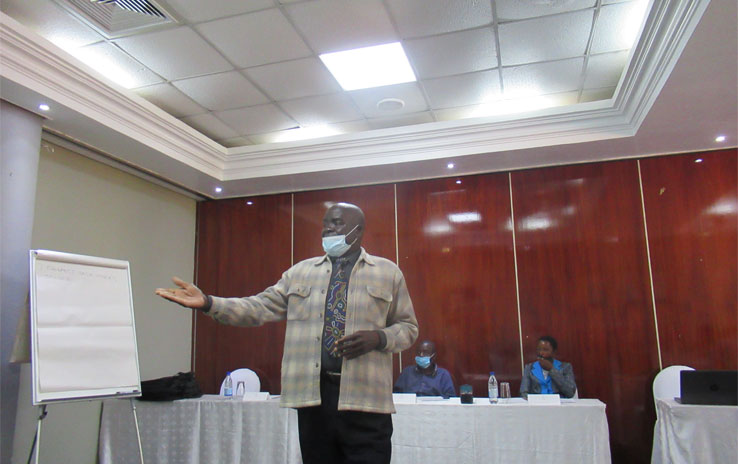
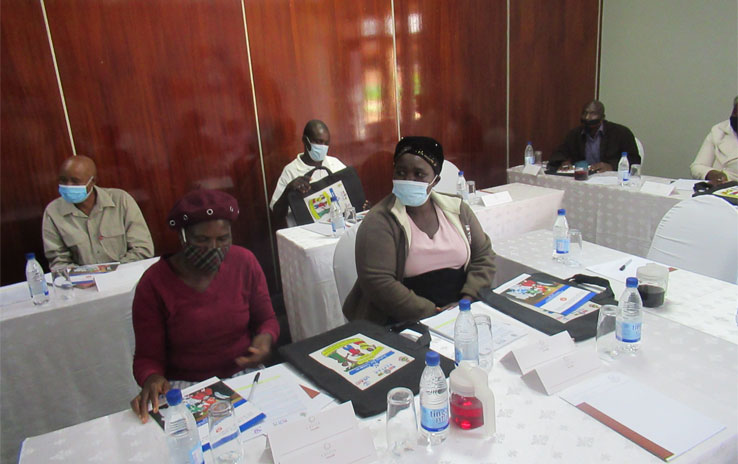
Aim
- To have individuals who prioritize treatment and adherence
- To have Church leaders that act as transformation agents in health issues
- To clear the rigid boundary between the Apostolic and Zionist Churches and modern health facilities
- To have Apostolic and Zionist Churches that brings hope to children
- To have leaders that act as agents of change in child protection.
- To have Apostolic and Zionist Churches that have measures in place to prevent and respond to exploitation, neglect abuse and all forms of violence against children
The two day training was attended by faith leaders from Harare. Brian Nyamayedenga from ZACH set the tone by presenting the brief overview and back ground of the Faith and Community Initiative project. He explained the two priorities of the project.
Rev E Tsvakai then present the background of UDACIZA and the road map towards participating in the Faith Community Initiative project. The facilitator then present how the faith leaders can address stigma, discrimination and non-adherence. He went on to facilitate the harms of stigma and discrimination, and the importance of Church leaders being open to support their members.
Brian Nyamayedenga on his second presentation of the day presented National overview of HIV programs and basic HIV and ART facts. Church leaders were impressed with new hope and new timing. They were keen to know more about these inventions. They raised several questions.
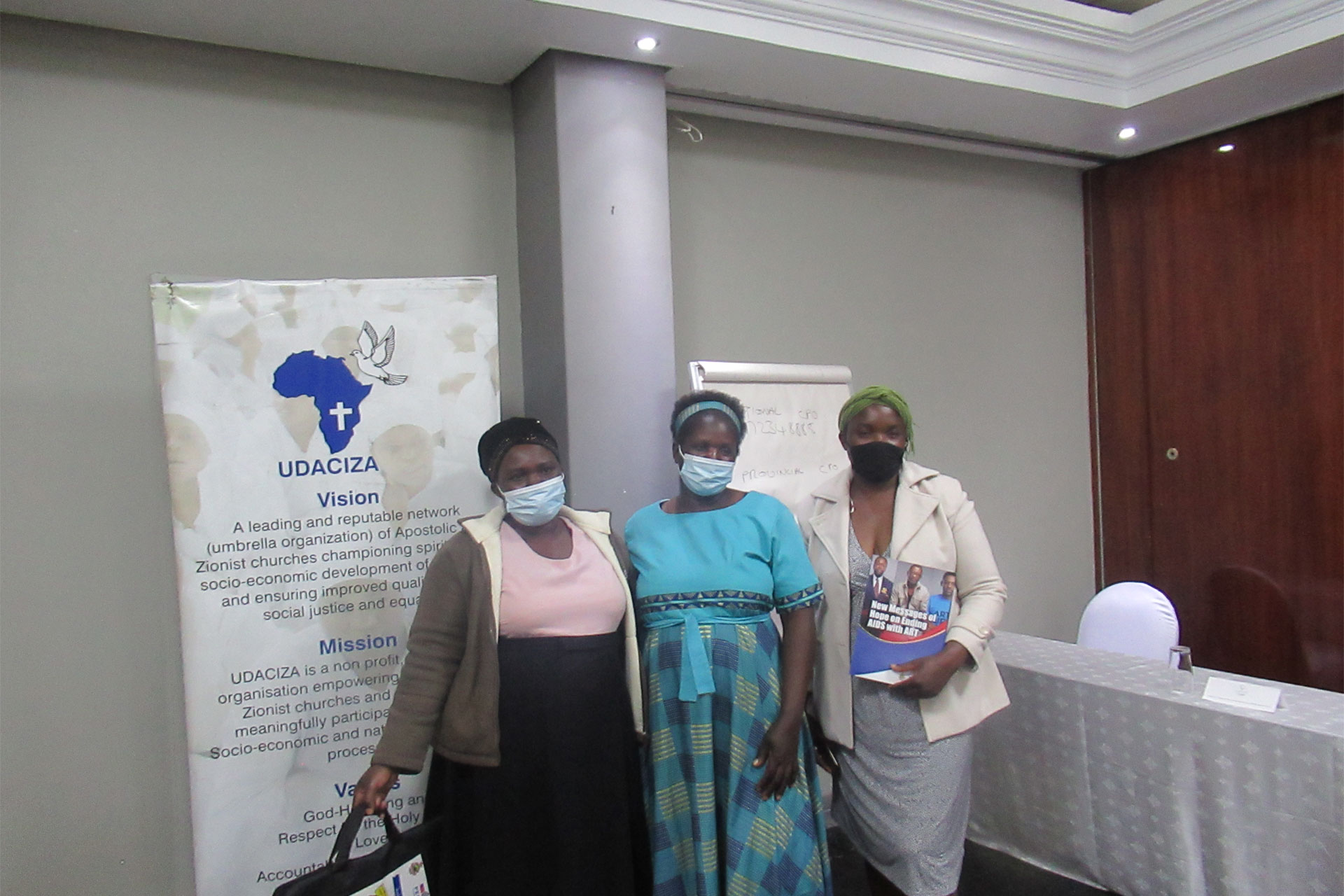
The facilitator then presents Church’s role in responding and reporting child abuse. Few Churches in this group had developed Child safeguarding policies in their Churches and the Province appointed bishop Vhashiko as the provincial child protection officer. Mrs Maria Tavayambirwa was assigned to assist provincial coordinator in child safeguarding issues.
The session on the social ,cultural and economic factors impacting HIV & AIDS risk perception and structures which exist for communicating with congregants/followers/community members was planned by facilitator to be done in groups but due to Covid -19 regulations it was turned into a discussion which was led by the facilitator. The Church leaders suggested that they were some topics that they were not comfortable to preach on the pulpit so structures like men fellowship, women fellowship youth conferences and youth sports activities were suitable platforms to disseminate this information.
Rev Innocent Chitanda then presents the role of faith leaders can play in HIV case finding, retention, social justice, and influencing behaviour.
Tags : CounsellingTraining
ALL CONTACTS
- Seke North Clinic, Makoni, Chitungwiza, Zimbabwe
- +263 882 724 041
- +263 772 348 885
- +263 775 941 486
CHILD PROTECTION
- Police Hotline: 777 777
- Childline Hotline: 116


